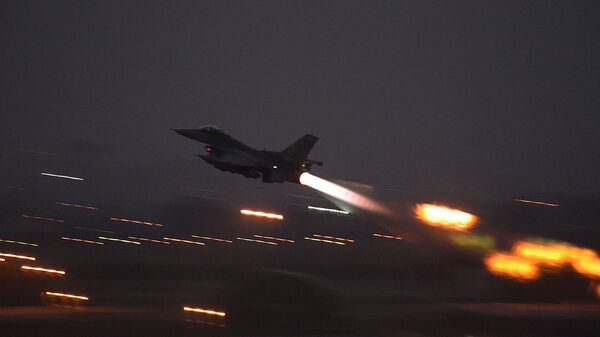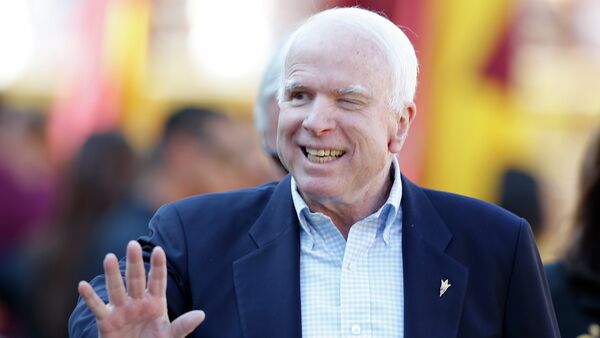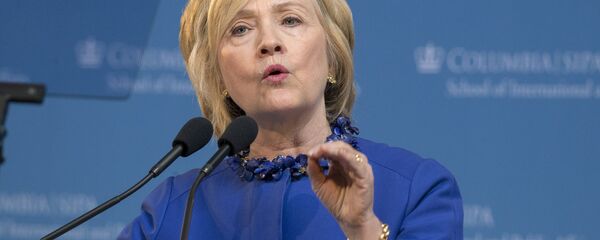"The theme of the policy options and recommendations throughout this paper reflects the ambitions of an imperialist, domineering and expansive global power," he added.
Leadership is the core concept at the heart of the paper, but this, according to Davis, is not the type of leadership that the US or the world needs. Neocons, including Senator John McCain and Gen. Philip Breedlove, NATO's former supreme allied commander, understand it in terms of military power.
"For too long now, the adherents of a hawkish school of foreign policy, often referred to as neocons, have repurposed the definition of 'leadership' to mean international engagement, enabled by the stationing of combat forces or outright employing lethal military power abroad, to 'shape' or coerce foreign governments to comply with American directives," Davis explained.
Davis offered Syria as a case in point.
The document calls on US policymakers to "employ the necessary military power" in the war-torn Arab country. What the authors of the policy paper do not seem to keep in mind is the fact that any military action in Syria that has not been authorized by the nation's legitimate authorities violates its sovereignty and constitutes an aggression.

Neocon strategists seem to have forgotten America's recent experiences in Iraq and Afghanistan. In both cases, the US sent additional forces to the countries plagued by sectarian violence only to make things worse. Kabul is struggling to tackle the Taliban a decade and a half after US invaded Afghanistan, while Baghdad is still incapable of pushing Daesh out of its second largest city and other areas.
These cases point to "a near complete unwillingness to consider that when policies similar to the authors' recommendations have been used in the past, the results have been abysmal failure," Davis observed.




